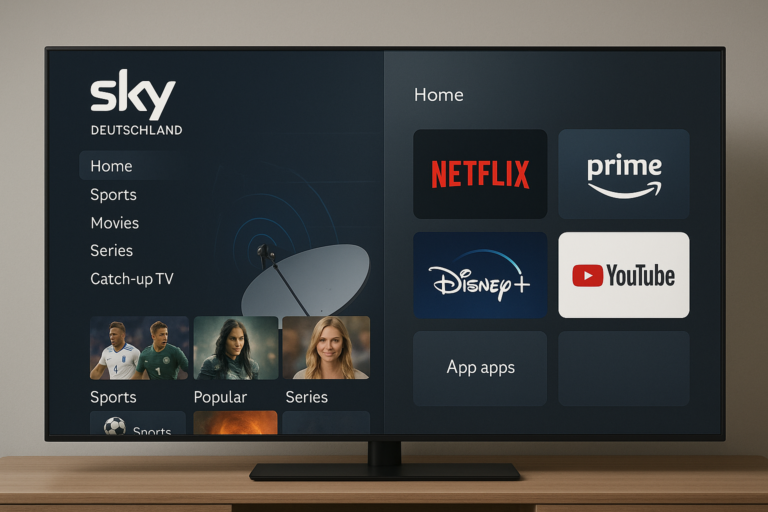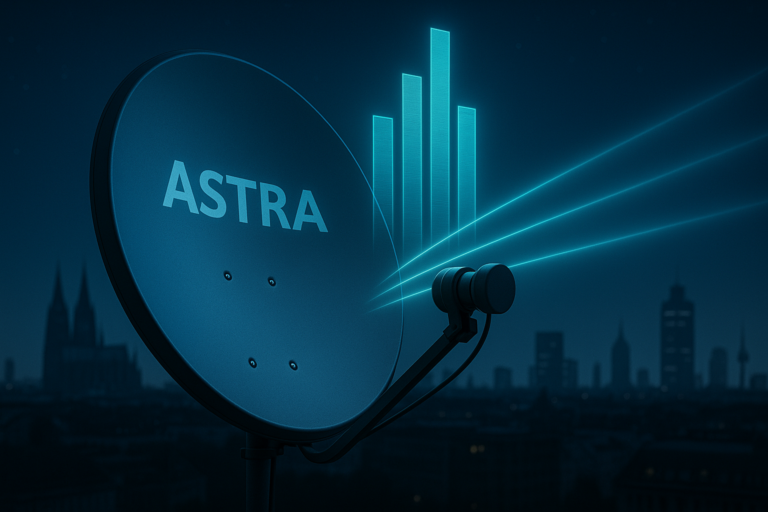⚖️Safe IPTV 2026: What’s Actually Legal
Legal Streaming • Safe IPTV 2026
📖 Estimated reading time: 12 minutes
Introduction
Let’s talk honestly — streaming has become part of our lives. In 2026, everyone wants a simple way to watch live TV, movies, and sports without paying a fortune. But every time you search for “Free IPTV 2026,” a big question comes up: what’s actually legal?
In this article, we’re not just listing apps. We’re having a calm conversation about how the IPTV world really works, which services are safe, and how to enjoy streaming without crossing that thin legal line.
The Confusion Around IPTV Laws
If you’ve ever felt confused about IPTV legality, you’re not alone. Many people think that watching a stream online isn’t a big deal — “I’m not the one uploading it,” right? But legally speaking, it’s not that simple. The European Digital Copyright Act (EDCA) 2026 clarified something important: viewing unauthorized streams is now considered part of illegal distribution networks.
That doesn’t mean watching TV online is illegal — it depends on where the content comes from. Let’s break that down like a friendly guide, not a law textbook.
What Makes an IPTV App Legal
Here’s the key idea: legal IPTV apps have licenses. That license is what separates a safe, official platform from a risky one. If an app has contracts with broadcasters, production studios, or public networks — you’re good. If it doesn’t, it’s sitting in the grey zone or worse, the red one.
- Licensed content distribution: The platform pays rights holders for what it shows.
- Transparent ownership: The company has a website, privacy policy, and terms of use.
- Official app stores: Found on Google Play, Apple App Store, or major smart TV ecosystems.
- Advertising model: If it’s free, it earns through ads — not through illegal streams.
Examples of Safe IPTV Platforms in 2026
As of this year, the European market is full of platforms walking the right side of the law. You’ve probably used or heard of some of them already:
| Platform | Model | Legal Status | Region |
|---|---|---|---|
| Plex Live TV | Free with ads | Fully licensed | Global |
| Pluto TV | Free ad-supported TV | Owned by Paramount Global | Europe / USA |
| Rakuten TV | Free + Premium Hybrid | Licensed under EU agreements | EU |
| Molotov.TV | Free + Paid Add-ons | French-regulated service | France / EU |
| Zattoo | Subscription + Free plan | Compliant with Swiss/EU copyright law | Europe |
Why “Free IPTV” Still Exists
So if all this is regulated, how do those mysterious “Free IPTV APKs” still exist? Simple — the internet never sleeps. Many of these apps are hosted on offshore servers where copyright enforcement is weak. They copy and rebroadcast satellite feeds illegally, often changing domain names every few weeks to stay alive.
It’s a cat-and-mouse game. For every illegal IPTV app shut down, three new ones pop up under different names. And because users rarely think about the backend, they often don’t realize they’re feeding into a pirated network.
Real Talk: What Happens If You Use an Illegal App
I’ll be real with you — most viewers using unlicensed IPTV apps in Europe aren’t getting sued directly. But what happens behind the scenes is scarier. Internet providers log activity patterns, and once they detect streams from blacklisted servers, your connection may be throttled or temporarily blocked.
Even worse, these apps often come bundled with hidden trackers. They collect your IP, device ID, and sometimes even media files stored on your phone. It’s not just illegal — it’s unsafe.
The “Ad Trap” Problem
Another thing worth mentioning — some apps look legal because they include ads, but not all ads mean legitimacy. Many pirated apps include fake ad layers designed to install malware when clicked. A true legal IPTV app runs its ads through certified ad networks like Google Ad Manager or AppLovin, not mysterious popups offering Bitcoin giveaways.
How to Check if an IPTV App Is Legit
Before downloading any IPTV app, do this quick five-step check:
- Search the company name — real services have official websites and verified pages.
- Look for partnerships — legitimate apps mention content partners (BBC, CNN, Discovery, etc.).
- Check permissions — a streaming app doesn’t need your contact list or GPS location.
- Read app reviews — one-star reviews with warnings like “stopped working after update” or “fake channels” are red flags.
- See if it’s listed by major sources — sites like TechRadar or Tom’s Guide list verified IPTV platforms every year.
Reality Check
IPTV isn’t the enemy — ignorance is. Most people don’t set out to break the law; they just want entertainment. The problem starts when convenience overtakes caution. If you value privacy, security, and quality, choose transparency over shortcuts.
Looking Ahead: The Future of Legal IPTV in Europe
By 2026, IPTV regulation is evolving fast. The European Commission is funding “Unified Content Licensing” initiatives, which will allow cross-border streaming under one license per provider. That means in the near future, you’ll be able to use one legal IPTV service anywhere in Europe without worrying about geo-blocks or language restrictions.
In short — the industry is moving toward freedom, not restriction. The safer the ecosystem, the more accessible entertainment becomes for everyone.
Final Verdict
Safe IPTV 2026 is not about fear — it’s about awareness. There’s nothing wrong with wanting free access to content, but the smart move is knowing which platforms play by the rules. Stick to licensed, ad-supported apps. The picture might have an ad or two, but at least it won’t cost your data, privacy, or peace of mind.





